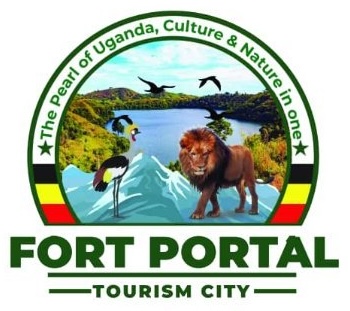- Email: datacitiesuganda@gmail.com
Introduction
Buildings
This map shows urban development in the newly demarcated city of Fort Poral, highlighting new buildings from 2016 to 2023.
Growth appears to be distributed evenly throughout the city, in a branching pattern. This suggests organic growth, however in the long term might bring about congestion where many branches converge.
Visual analysis of buildings' growth over time can help inform local decision-makers about zoning and permit provisions.
| Year | Buildings Area (sq km) | Building Count | Area Growth Rate | Count Growth Rate |
|---|
Hospitals
This map shows the health care facilities currently operational in the new city of Fort Portal
29 total health centers in the new Fort Portal city
The average distance between any given building to the nearest health facility is 1.2 km
The majority of buildings in Fort Portal are within 1.6 km from the nearest health facility
| Name | Type | Admin 4 Name |
|---|
Schools
This map shows the learning facilities, in fort Portal City. This data can aid planners with development, resource allocation, and resiliency.
There are 105 total facilities.
The average distance between any given building to the nearest school is 553m.
The majority of buildings in Fort Portal are within 1.6km from the nearest school.
| Name | Type | Admin 4 Name |
|---|
Tourism
Provided are visualizations of sites for tourism in the city. The map shows the various
tourism-related entities, categorized by their type.
The table gives a detailed view of this data, while the pie chart shows the overall share by the various categories.
| Name | Type |
|---|
Environment
Provided are visualizations of the climate in the city.
The map shows the air quality in different locations.

Fort Portal City, situated in western Uganda, is renowned for its beautiful landscape and strategic importance as a key tourism destination. Nestled at the foothills of the Rwenzori Mountains, also known as the "Mountains of the Moon," Fort Portal offers breathtaking views and serves as a gateway to several national parks, including Kibale National Park, famous for its population of chimpanzees and diverse primate species, Queen Elizabeth National Park, and Semliki National Park.
One of the city's unique features is its status as the tourism city of Uganda, a designation that underscores its rich cultural heritage and numerous tourism sites. Fort Portal is endowed with 52 crater lakes, several rivers, national parks, and other tourist sites that make it a top tourism destination.
The city is dotted with lush tea plantations and sprawling homesteads, making it a paradise for nature lovers and eco-tourists. The city's vibrant cultural scene is highlighted by traditional Toro kingdom ceremonies and dances, offering visitors a glimpse into the region's indigenous heritage.
The Karuzika Palace, the official residence of the King of Toro, adds a historical dimension to the city, attracting both domestic and international tourists interested in the royal history of Uganda.
Exploration engagements between DataCities and the city authorities reveal crucial data needs, challenges, and opportunities pivotal for informed decision-making and sustainable urban development. Stakeholders stress the paramount importance of data in addressing key priorities such as city revenue mobilization, environmental conservation, tourism development, and enhancing technical skills for effective data utilization.
Despite strides in certain areas, like internet accessibility and awareness of data capture tools, persistent challenges linger regarding data infrastructure, technical skills, and stakeholder engagement. To navigate these challenges, strategic interventions and investments in data infrastructure, capacity-building, and governance mechanisms are imperative, allowing Fort Portal to unlock the full potential of data for driving inclusive, green, and smart city development.

